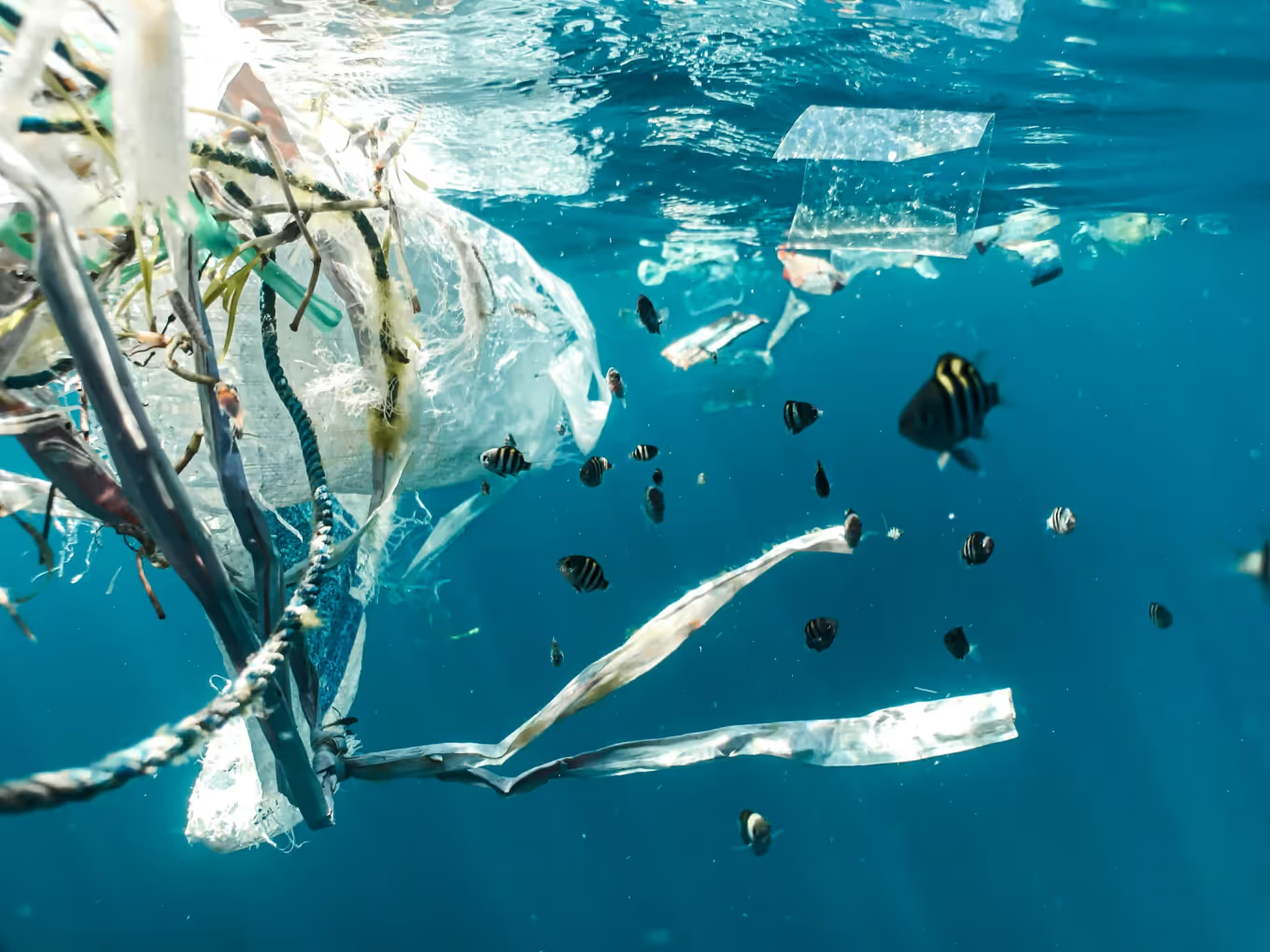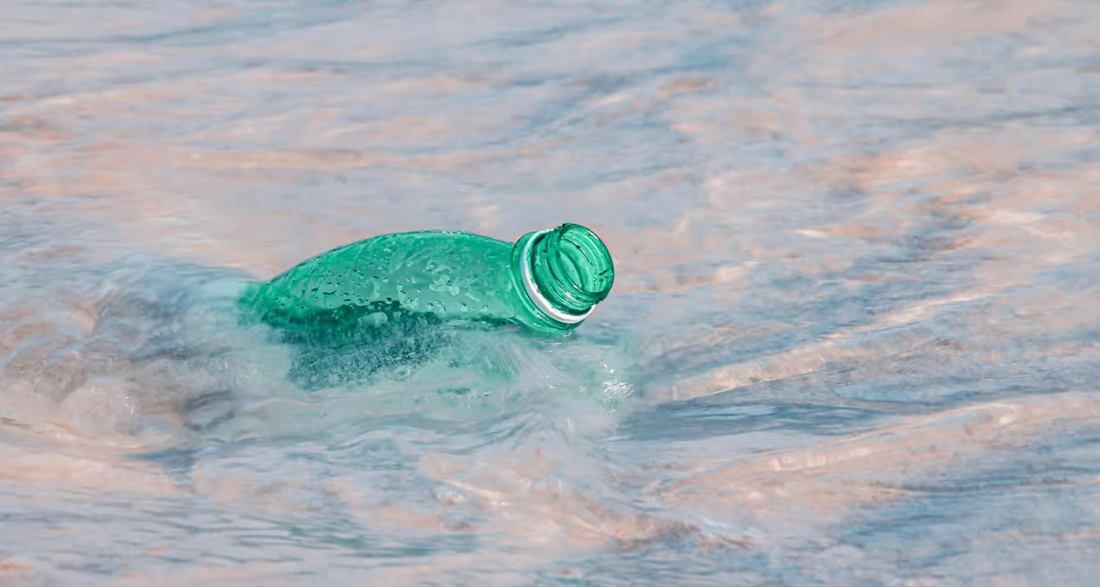Fungus Against Plastic: Researchers find that UV light assists a diligent marine inhabitant in breaking down waste.
Key Points:
- Researchers have discovered that a marine fungus can degrade polyethylene.
- However, the fungus requires UV radiation for this process.
- Polyethylene is the most common plastic found in oceans.
Scientists have discovered a marine fungus that helps alleviate the plastic problem in our oceans. The fungus named Parengyodontium album can degrade polyethylene (PE) when exposed to UV radiation. Polyethylene is the most prevalent plastic found in the sea, as reported by SciTechDaily.
This discovery was made by an international team of researchers, including scientists from the Royal Netherlands Institute for Sea Research (NIOZ), University of Utrecht, and research institutes in Paris, Copenhagen, and St. Gallen in Switzerland.

Parengyodontium album lives alongside other marine microbes on thin layers of plastic waste in the sea. It is only the fifth known species of marine fungi with this capability.
Dependency on UV Radiation
Researchers collected the fungus from plastic pollution hotspots in the North Pacific. They then cultivated it in the laboratory on special plastics with labeled carbon.
The scientists found that sunlight is essential for the fungus to utilize PE as an energy source. Lead author Annika Vaksmaa from NIOZ explains, “In the lab, P. album only degrades PE that has been exposed to UV light for at least a short period.”
However, this also poses a limitation: since many different plastics sink into deeper layers before being exposed to sunlight, P. album cannot degrade all of them.
Potential for More Plastic-Degrading Fungi
Vaksmaa expects there are more unknown fungi in the sea that can also degrade plastic – even in deeper ocean regions: “There are numerous species of marine fungi. Therefore, it is likely that, in addition to the four identified species, other species also contribute to plastic degradation.”
The discovery of such plastic-degrading organisms is urgently needed. Each year, humans produce more than 400 billion kilograms of plastic, and this number is expected to at least triple by 2060. A significant portion of plastic waste ends up in the ocean.

